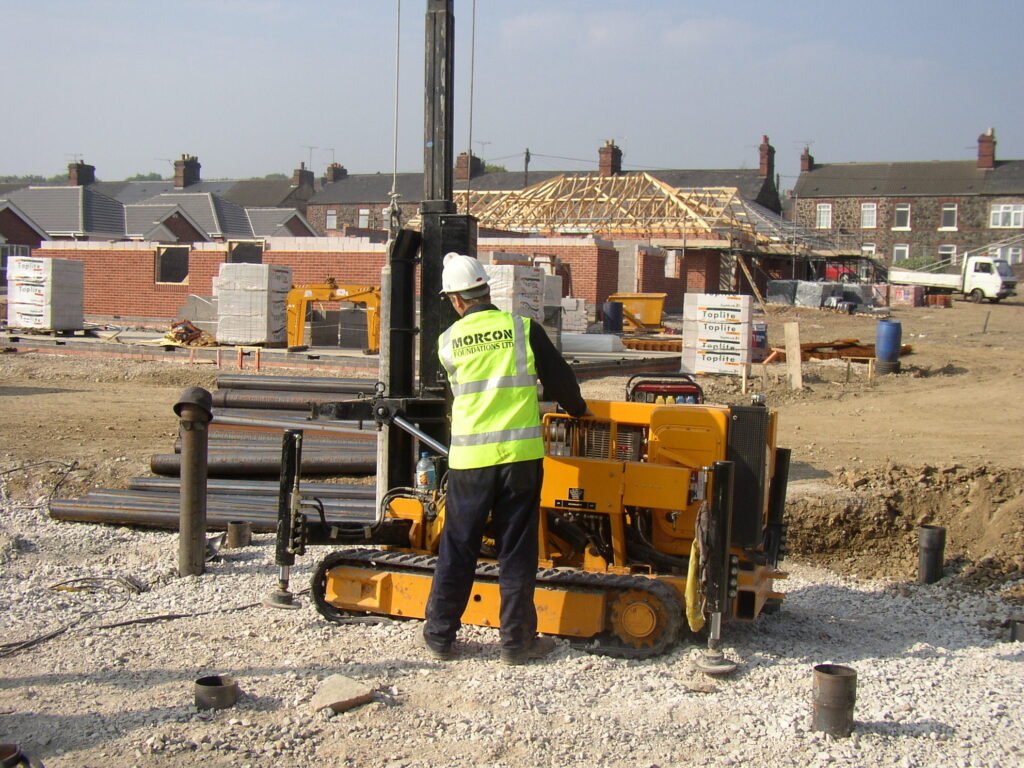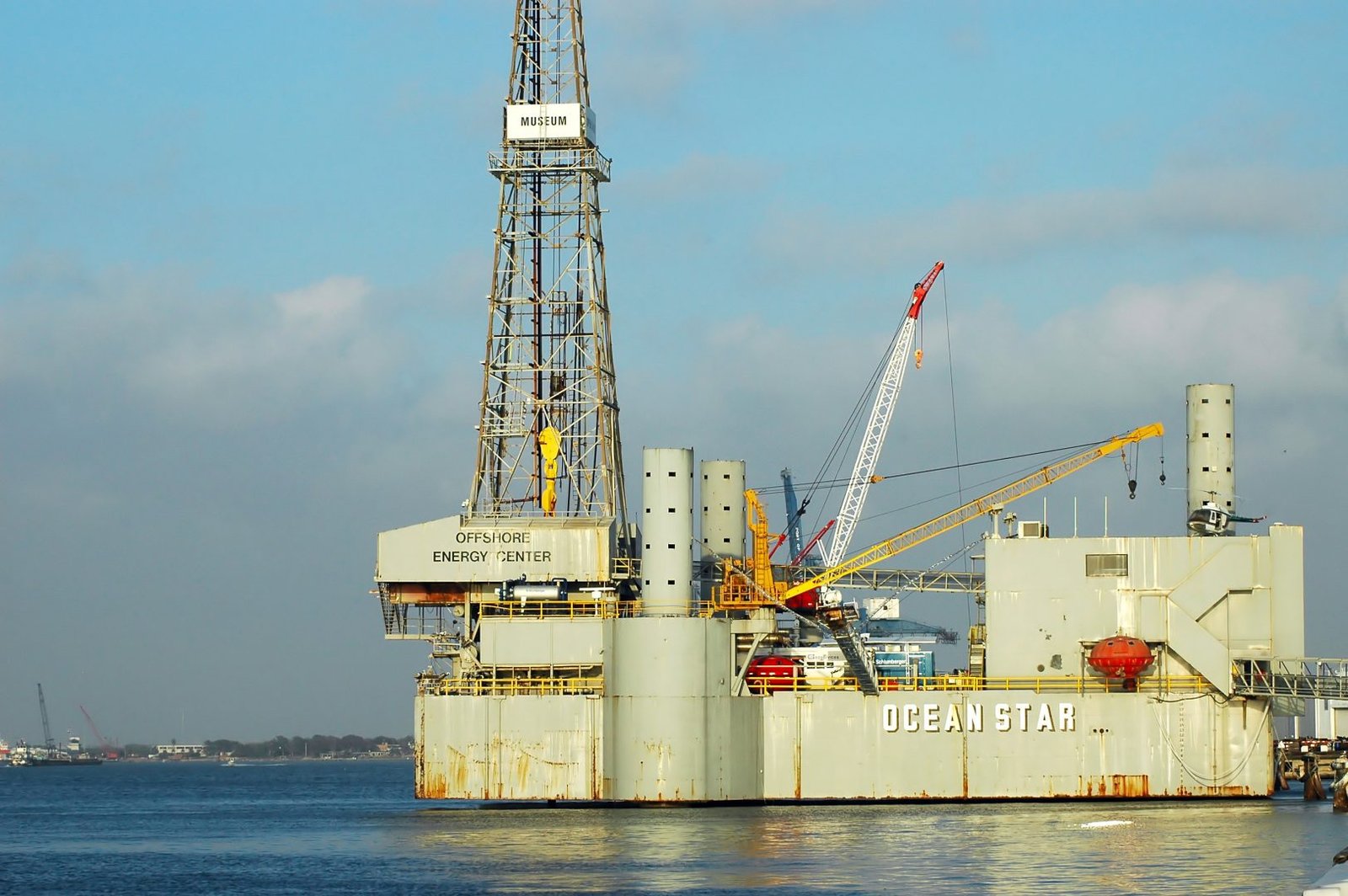Rig Hire:
Rig hiring is increasingly essential for domestic and commercial construction and groundwork projects. Whether you are developing a new home extension, building a multi-storey commercial site, or carrying out geotechnical investigations, hiring the proper rig can significantly affect your project’s efficiency, cost, and safety.
This guide will explore rig hire, the types of rigs available, and how to choose the right one based on the scale and purpose of your work, whether it’s a private domestic development or a large commercial construction project.
What Is Rig Hire?
Rig hire refers to renting specialist machinery for drilling, piling, foundation work, soil sampling, or geotechnical testing. These rigs vary in size and capability, from compact rigs for restricted-access domestic sites to heavy-duty piling rigs designed for commercial foundations and structural supports.
Hiring a rig usually includes the machinery and, in many cases, a trained operator or technician. This ensures the equipment is used safely and correctly, particularly on complex sites or with varying ground conditions.
Why Rig Hire Is Useful for Domestic Projects
For domestic builds such as home extensions, garden rooms, basement developments, or driveway reinforcement, rig hire provides several advantages:
- Access to specialist equipment without buying it outright
- More efficient foundation work, especially in tricky soil conditions
- Correct piling orMini Piling Londonin tight or confidential areas
- Compliance with building regulations through professional-grade tools
Homeowners and small-scale contractors often choose mini rigs or tracked rigs, which are suitable for confined spaces and cause minimal disruption to the surrounding property.
Rig Hire for Commercial Construction
On a larger scale, commercial developments—like office buildings, schools, retail parks, and warehouses—often demand heavy-duty rigs capable of handling more extensive piling and foundation works. These projects typically involve:
- Deep foundation systems
- Contiguous or secant pile walls
- Soil stabilisation and testing
- Ground source heat pump boreholes
- Heavy load-bearing requirements
Contractors opt for rig hire instead of purchase to avoid long-term maintenance, storage, and depreciation costs. Additionally, hiring allows them to upgrade or adapt equipment for each job’s needs.
Types of Rigs Available for Hire
Mini Piling Rigs
Mini piling rigs are ideal for residential and light commercial use. They can navigate tight spaces, pass through narrow doorways, and operate with low headroom, making them perfect for underpinning or retrofitting existing properties.
CFA (Continuous Flight Auger) Rigs
CFA rigs are typically used for commercial foundations and are excellent for drilling into soft or loose soils. They produce less vibration, which is essential for urban or sensitive areas.
Rotary Bored Piling Rigs
These rigs are ideal for deep foundation work, especially in challenging or complex soil conditions. They are commonly used in significant commercial developments.

Cable Percussion Rigs
Cable percussion rigs are often used for geotechnical and environmental site investigations. They are also helpful for commercial and domestic projects requiring soil analysis before construction.
Tracked Rigs
Tracked rigs provide excellent mobility and can operate efficiently on rough, uneven, or muddy terrain. They are versatile enough for medium-sized commercial and larger domestic projects.
Benefits of Hiring a Rig Instead of Buying
Cost-effective:
Buying a rig can cost tens of thousands of pounds, while hiring offers a practical short-term solution.
No maintenance costs:
The hire company maintains and services the machinery.
Flexibility:
You can choose the best rig for each job without being tied to one machine.
What’s Included in Rig Hire?
Standard rig hire packages may include:
- Delivery and collection of the rig
- Setup and dismantling
- Operator or technician (if required)
- Safety equipment and documentation
- On-site training for your team (if you’re hiring without an operator)
Safety Considerations
Rig operation involves significant safety risks, especially in complex or unstable environments. That’s why most domestic and commercial projects benefit from hiring a rig with a qualified operator.
Safety practices include:
- Daily machine checks
- Ground stability assessments
- Proper PPE for all site workers
- Adherence to health and safety regulations
- Full risk assessments and method statements
How Much Does Rig Hire Cost?
The cost depends on the rig type, hire duration, and whether an operator is included. Approximate prices are:
- Mini piling rig: £300–£500/day
- CFA rig: £800–£1,500/day
- Rotary rig: £1,200–£2,000/day
- Operator fees: £200–£400/day (if not included)
Many providers offer discounted weekly or monthly rates for longer projects.
Conclusion: Rig Hire That Works for Every Project:
Whether managing a small-scale home improvement or a full-scale commercial build, rig hire offers a flexible, cost-effective solution for efficient groundwork. By partnering with a reliable rig hire company in your region, you’ll gain access to the latest machinery, expert support, and peace of mind, no matter how big or small the project.






Leave a Reply